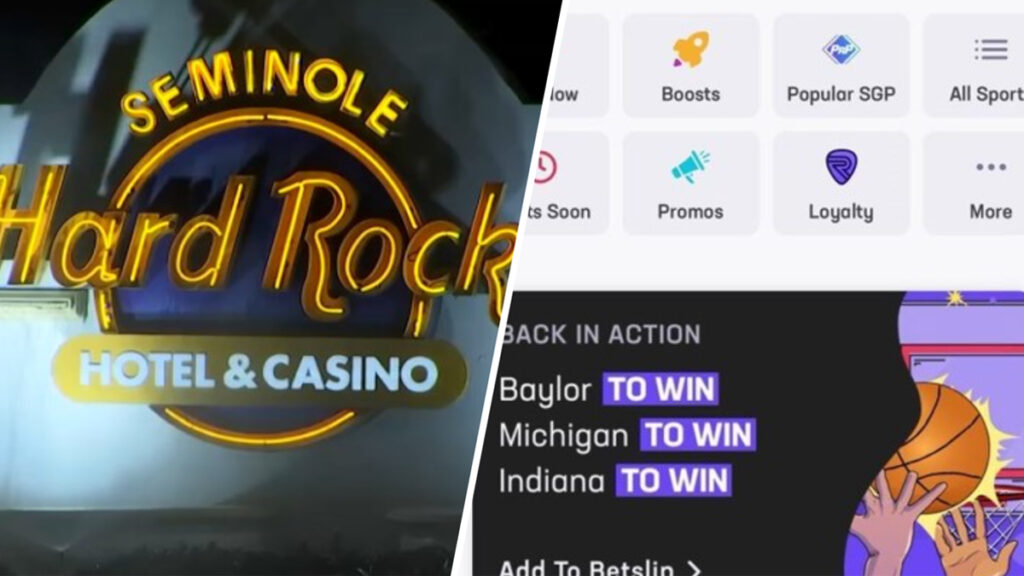Opponents of online sports betting in Florida on Thursday lost their latest battle against the state's agreement with the Seminole Tribe to allow gambling.
The Florida Supreme Court has ruled that opponents filed the wrong type of petition to challenge an agreement between the Seminole Tribe of Florida and Gov. Ron DeSantis' administration. The deal would rake in hundreds of millions of dollars for both tribes and state governments from online sports betting and other forms of gambling.
The decision is the latest setback for West Flagler Associates and Bonita Fort Myers Corp., which operate racetracks and poker rooms in Florida. They are also challenging the deal in federal court and have filed a motion to take the case to the U.S. Supreme Court.
Lawyers for the opponents did not respond to emails seeking comment. The court's decision authorizes the opposing parties to file a motion for reconsideration of the case.
The two pari-mutuel companies say the agreement signed by the governor and the tribe in 2021 gives the tribe exclusive rights in sports betting. They also say this creates a backdoor way out of a requirement passed by voters as an amendment to the Florida Constitution in 2018 that expanding casino gambling off tribal lands requires resident initiative. It claims to be a thing.
They argued that DeSantis and the Florida Legislature, which approved the deal, unfairly exceeded their authority by authorizing sports betting on tribal lands.
Opponents could allow online sports betting if only a computer server is located on tribal land and accepts bets placed using a cell phone or computer from anywhere in Florida. I am doubtful whether or not.
Tribes argued that Congress has the authority to decide where online gambling begins, and the proposed amendments do not change that.
DeSantis' lawyers and legislative leaders said sports betting is different from casino gambling and would not be prohibited by the constitutional amendment.
The tribe launched its online sports betting business late last year, and Florida's share of 2024 revenue has already exceeded $120 million. State economic forecasters predict that revenue sharing from tribal gaming could total $4.4 billion by the end of this decade.


